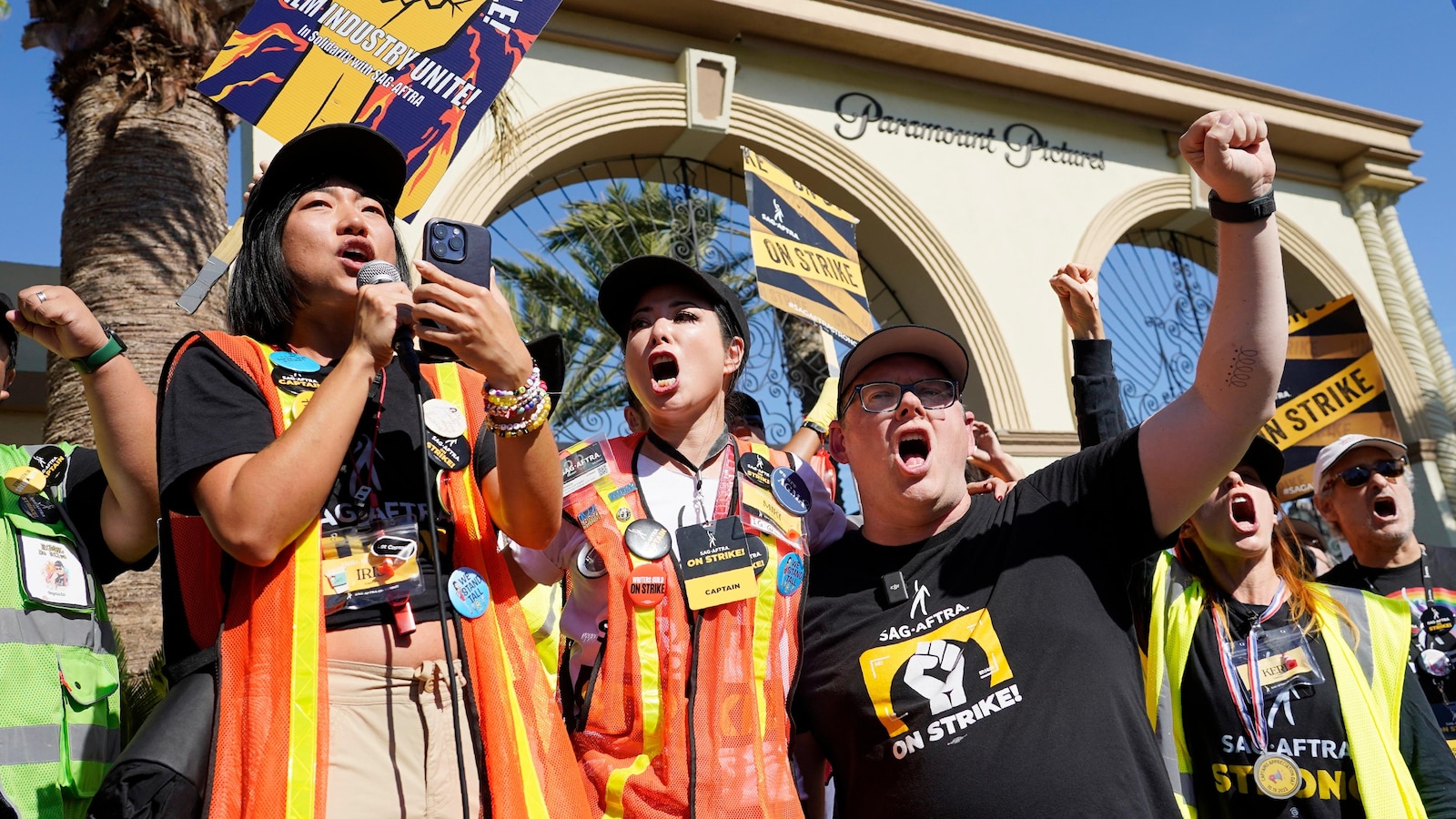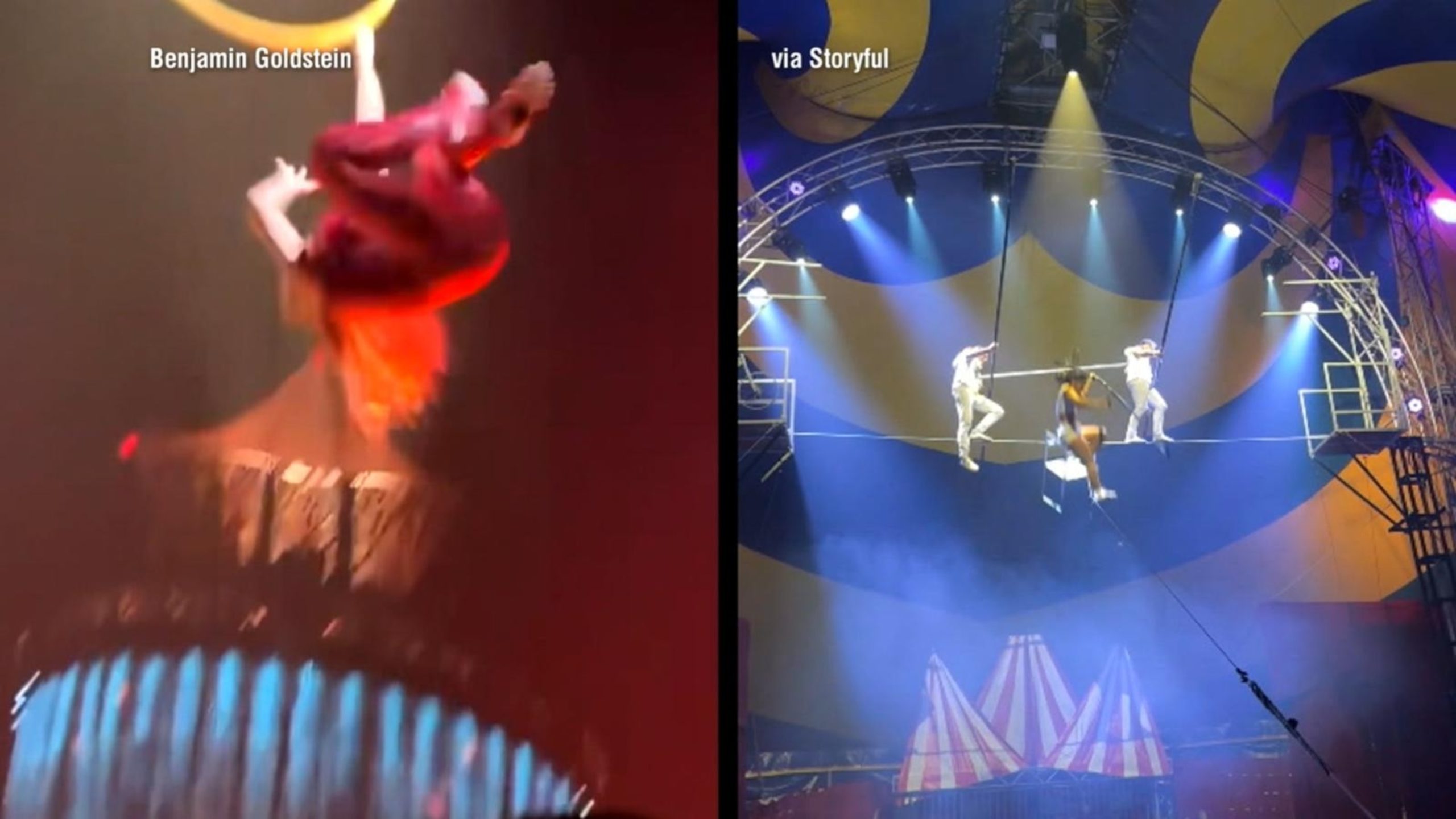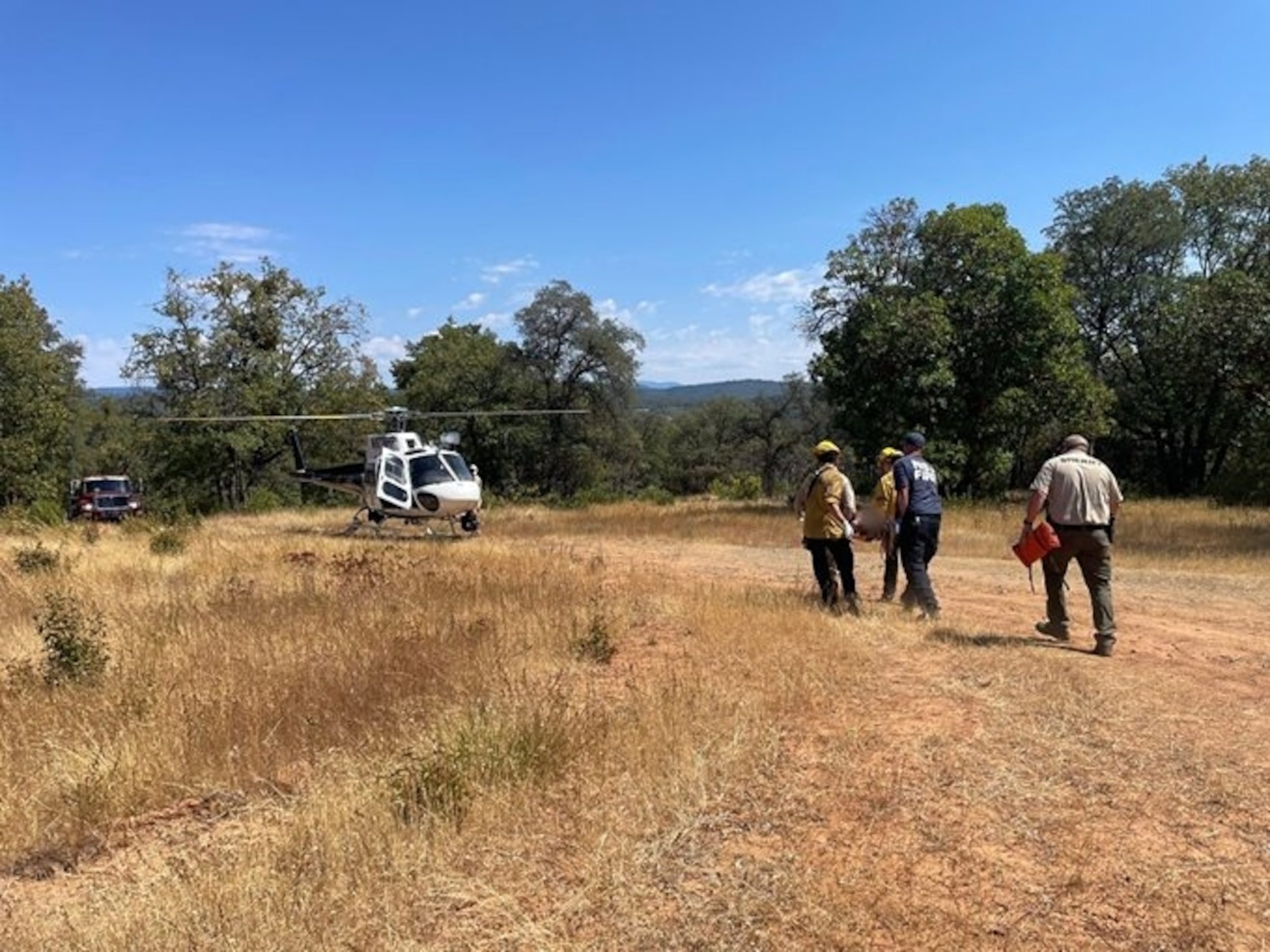
LOS ANGELES — Hollywood’s video game performers voted to go on strike Thursday, throwing part of the entertainment industry into another work stoppage after talks for a new contract with major game studios broke down over artificial intelligence protections.
The strike — the second for video game voice actors and motion capture performers under the Screen Actors Guild-American Federation of Television and Radio Artists — will begin at 12:01 a.m. Friday. The move comes after nearly two years of negotiations with gaming giants, including divisions of Activision, Warner Bros. and Walt Disney Co., over a new interactive media agreement.
SAG-AFTRA negotiators say gains have been made over wages and job safety in the video game contract, but that the studios will not make a deal over the regulation of generative AI. Without guardrails, game companies could train AI to replicate an actor’s voice, or create a digital replica of their likeness without consent or fair compensation, the union said.
Fran Drescher, the union’s president, said in a prepared statement that members would not approve a contract that would allow companies to “abuse AI.”
“Enough is enough. When these companies get serious about offering an agreement our members can live — and work — with, we will be here, ready to negotiate,” Drescher said.
A representative for the studios did not immediately respond to an email seeking comment.
The global video game industry generates well over $100 billion dollars in profit annually, according to game market forecaster Newzoo. The people who design and bring those games to life are the driving force behind that success, SAG-AFTRA said.
“Eighteen months of negotiations have shown us that our employers are not interested in fair, reasonable AI protections, but rather flagrant exploitation,” said Interactive Media Agreement Negotiating Committee Chair Sarah Elmaleh.
Last month, union negotiators told The Associated Press that the game studios refused to “provide an equal level of protection from the dangers of AI for all our members” — specifically, movement performers.
Members voted overwhelmingly last year to give leadership the authority to strike. Concerns about how movie studios will use AI helped fuel last year’s film and television strikes by the union, which lasted four months.
The last interactive contract, which expired November 2022, did not provide protections around AI but secured a bonus compensation structure for voice actors and performance capture artists after an 11-month strike that began October 2016. That work stoppage marked the first major labor action from SAG-AFTRA following the merger of Hollywood’s two largest actors unions in 2012.
The video game agreement covers more than 2,500 “off-camera (voiceover) performers, on-camera (motion capture, stunt) performers, stunt coordinators, singers, dancers, puppeteers, and background performers,” according to the union.
Amid the tense interactive negotiations, SAG-AFTRA created a separate contract in February that covered indie and lower-budget video game projects. The tiered-budget independent interactive media agreement contains some of the protections on AI that video game industry titans have rejected.
Video game performers, including voice actors and motion capture artists, are considering going on strike due to concerns about the increasing use of artificial intelligence in the industry. This potential strike comes as the gaming industry continues to evolve and incorporate more advanced technology into its products.
One of the main concerns for video game performers is the use of AI to replace human actors in games. While AI can be a useful tool for developers to create more realistic characters and environments, some performers worry that it could lead to a decrease in job opportunities for them. As AI technology becomes more sophisticated, there is a fear that it could eventually be used to completely replace human performers, leaving many talented individuals out of work.
Another issue that has sparked concern among video game performers is the lack of transparency and communication from game developers and publishers. Many performers feel that they are not being adequately informed about how their performances are being used in games, and are concerned about the potential for their work to be altered or manipulated without their consent. This lack of communication has led to frustration and distrust among performers, further fueling the desire for a strike.
In response to these concerns, the Screen Actors Guild‐American Federation of Television and Radio Artists (SAG-AFTRA) has been in talks with video game companies to address the issues raised by performers. The union has proposed a new contract that would provide better protections for performers and ensure that they are fairly compensated for their work. However, negotiations have been slow and progress has been limited, leading some performers to consider taking more drastic action.
If video game performers do decide to go on strike, it could have a significant impact on the gaming industry. Many popular games rely heavily on the performances of voice actors and motion capture artists to bring their characters to life, and a strike could disrupt the development of new games and delay the release of highly anticipated titles.
Ultimately, the concerns raised by video game performers highlight the need for greater transparency and communication in the industry. As technology continues to advance, it is important for developers and publishers to work closely with performers to ensure that their work is respected and valued. By addressing these concerns and working together to find solutions, both performers and game companies can help to create a more fair and sustainable future for the industry.


